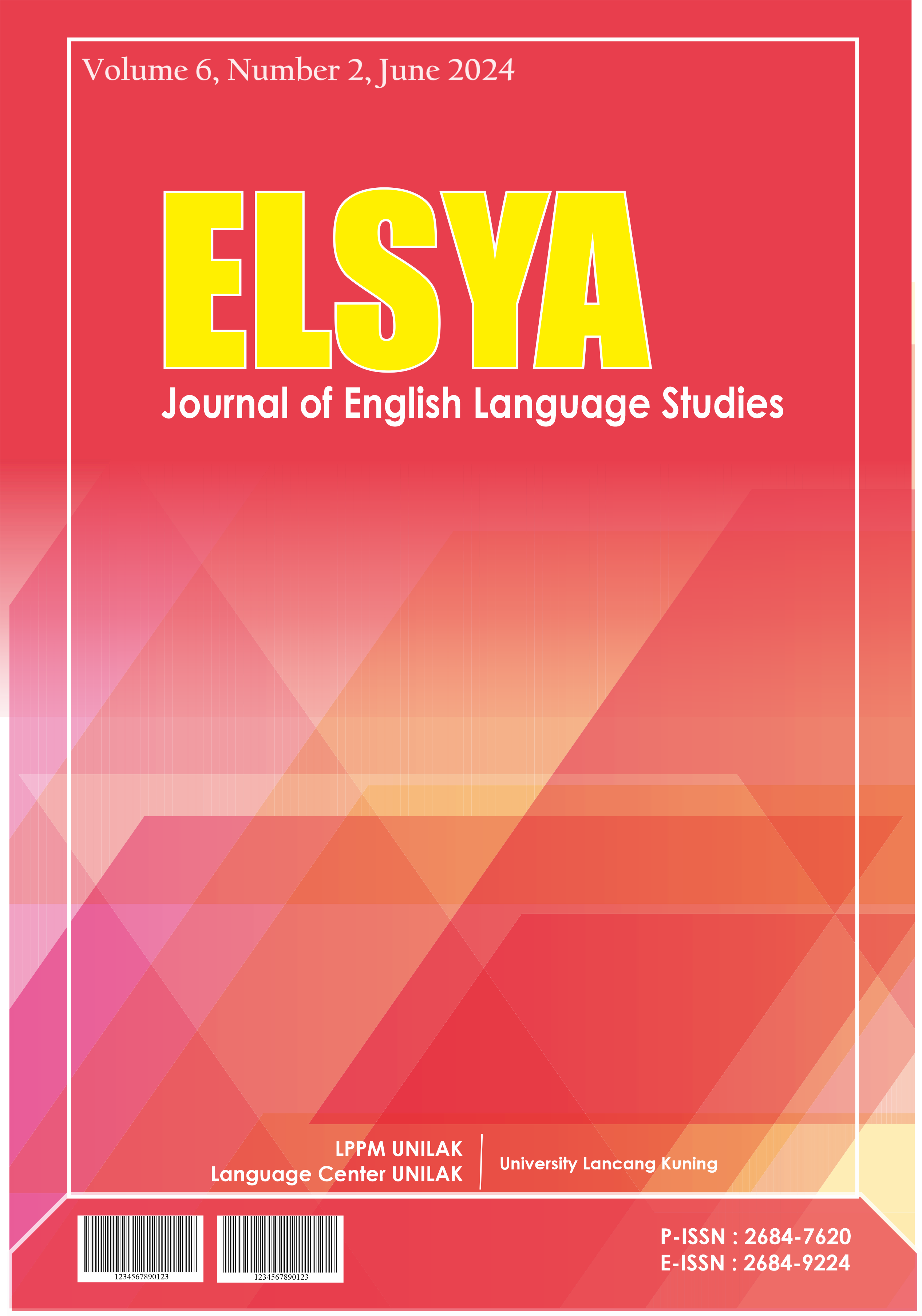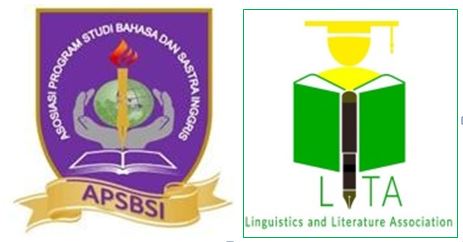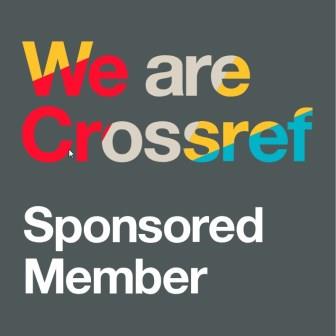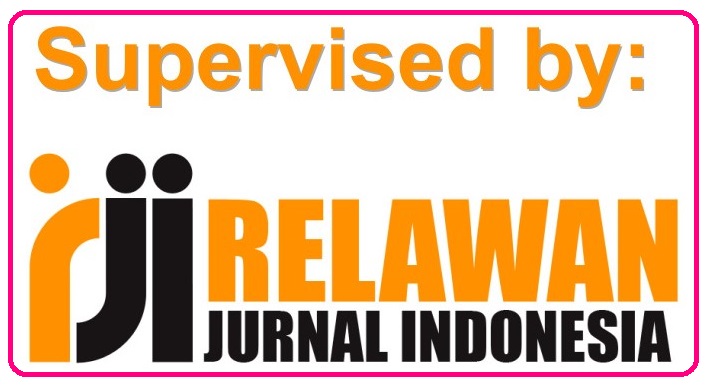Beyond Technical Skills: Academic Language Proficiency and Perceived Difficulty in Technical and Vocational Institute
Abstract
Effective communication skills are important for vocational trainees' academic and career success. However, limited research has examined language learning difficulties specific to Ethiopian technical contexts. This study explored self-perceived English language difficulties among trainees in building construction, road construction, water construction, surveying, architectural design, wood science technology programs at the Federal Technical and Vocational Training Institute. It aimed to identify difficult language skills and determine relationships between perceived difficulties and demographic factors. A sample of 138 trainees from Civil Technology Faculty of a TVT Institute was selected through stratified random sampling. Data were collected using a questionnaire measuring perceived difficulty of reading, writing, listening and speaking skills. Semi-structured interviews were conducted with 10 purposively selected trainees. Descriptive statistics, thematic analysis and constant comparison were employed for quantitative and qualitative analyses. Quantitative findings showed academic writing skills perceived as most difficult, particularly understanding conventions. Academic listening skills like note-taking and summarizing also posed challenges. Interviews revealed unfamiliarity with genres and lack of background knowledge exacerbated difficulties. Perceptions differed by trainees' program, gender and English proficiency. Thematic analysis identified factors like anxiety, experience, and self-efficacy as influencing perceptions. The study provided a comprehensive understanding of TVT Institute trainees' academic language needs in Ethiopia. Targeted support is recommended to scaffold challenging skills based on identified individual differences and modifiable difficulties. Mainstreaming language development across the curriculum optimizes trainees' preparedness for technical careers and lifelong learning. This mixed methods exploration of language difficulty perceptions contributes to knowledge on dimensions shaping TVT Institute students' experiences. Findings inform tailored instruction and program improvements to better equip diverse learners for workplace competencies.
Downloads
References
Aizawa, I., Rose, H., Thompson, G., & Curle, S. (2020). Beyond the threshold: Exploring English language proficiency, linguistic challenges, and academic language skills of Japanese students in an English medium instruction programme. Language Teaching Research. 27 (4), 837-861. https://doi.org/10.1177/1362168820965510
Ali, M. M., Khizar, N. U., Yaqub, H., Afzaal, J., & Shahid, A. (2020). Investigating speaking skills problems of Pakistani learners in ESL context. International Journal of Applied Linguistics and English Literature, 9(4), 62-70. https://doi.org/10.7575/aiac.ijalel.v.9n.4p.62
Alsahafi, N., & Shin, S. C. (2019). Factors affecting the academic and cultural adjustment of Saudi international students in Australian universities. Journal of International Students, 7(1), 53-72. https://doi.org/10.32674/jis.v7i1.244
Anjomshoa, L., & Zamanian, M. (2014). The effect of vocabulary knowledge on reading comprehension of Iranian EFL learners in Kerman Azad University. International Journal on Studies in English Language and Literature (IJSELL), 2(5), 90-95. https://doi.org/10.20431/2347-3134.0205009
Armstrong, T. (2010). Multiple Intelligences in the Classroom. ASCD.
Bachman, L., & Adrian, P. (2022). Language assessment in practice: Developing language assessments and justifying their use in the real world. Oxford University Press.
Bagheri, M., & East, M. (2023). Second language listening pedagogy: An examination of classroom practices in an EFL context. Australian Review of Applied Linguistics. https://doi.org/10.1075/aral.21031.bag
Best, R. M., Rowe, M., Ozuru, Y., & McNamara, D. S. (2005). Deep-level comprehension of science texts: The role of the reader and the text. Topics in language disorders, 25(1), 65-83. https://doi.org/10.1097/00011363-200501000-00007
Borella, E., & de Ribaupierre, A. (2014). The role of working memory, inhibition, and processing speed in text comprehension in children. Learning and Individual Differences, 34, 86-92. https://doi.org/10.1016/j.lindif.2014.05.007
Brown, G. (2017). Listening to spoken English. Routledge.
Carrell, P. L., Devine, J., & Eskey, D. E. (Eds.). (1988). Interactive approaches to second language reading. Cambridge University Press.
Chamot, A. U. (2005). Language learning strategy instruction: Current issues and research. Annual review of applied linguistics, 25, 112-130. https://doi.org/10.1017/S0267190505000061
Chung, I. (2006). A study of English learning attitudes and perceptions among senior high school students in Taiwan (Doctoral dissertation, University of Warwick).
Creswell, J. W., & Clark, V. L. P. (2017). Designing and conducting mixed methods research. Sage publications.
Cummins, J. (1991). Language development and academic learning. Language, culture and cognition, 161, 75. https://doi.org/10.1075/lllt.45.09cum
Dörnyei, Z. (2013). The psychology of second language acquisition. Oxford University Press.
Durán, R. P. (2008). Assessing English-language learners’ achievement. Review of research in education, 32(1), 292-327. https://doi.org/10.3102/0091732X07309372
Dweck, C. S. (2006). Mindset: The new psychology of success. Random house.
Ebrie, E. O. (2014). Factors Affecting the Implementation of Cooperative Training: A case of Technical and Vocational Education and Training in W/ro Siheen Polytechnic College; Dessie city. Addis Ababa.
Ekiz, T. (2013). Increasing self-efficacy in reading skill through use of native culture in Turkish ELT prep classes (Master's thesis, Sosyal Bilimler Enstitüsü)
Ferris, D. R., & Hedgcock, J. S. (2023). Teaching L2 composition: Purpose, process, and practice. Routledge.
Field, J. (2010). Listening in the language classroom. ELT journal, 64(3), 331-333. https://doi.org/10.1093/elt/ccp080
Flower, L., & Hayes, J. R. (1981). A cognitive process theory of writing. College composition and communication, 32(4), 365-387. https://doi.org/10.2307/356600
Flowerdew, J., & Miller, L. (2005). Second language listening: Theory and practice. Cambridge university press.
Gibbons, P. (2003). Mediating language learning: Teacher interactions with ESL students in a content‐based classroom. TESOL quarterly, 37(2), 247-273. https://doi.org/10.2307/3588504
Gilakjani, A. P., & Ahmadi, M. R. (2011). A study of factors affecting EFL learners' English listening comprehension and the strategies for improvement. Journal of Language Teaching and Research, 2(5), 977-988. https://doi.org/10.2307/3588504
Goh, C. C., & Vandergrift, L. (2021). Teaching and learning second language listening: Metacognition in action. Routledge.
Grabe, W., & Kaplan, R. B. (2014). Theory and practice of writing: An applied linguistic perspective. Routledge.
Grabe, W., & Stoller, F. L. (2019). Teaching and researching reading. Routledge.
Gregersen, T., & Mercer, S. (Eds.). (2022). The Routledge handbook of the psychology of language learning and teaching. Routledge, Taylor & Francis Group.
Hyland, K. (2002). Specificity revisited: How far should we go now?. English for specific purposes, 21(4), 385-395. https://doi.org/10.1016/S0889-4906(01)00028-X
Hyland, K. (2015). Teaching and researching writing. Routledge.
Hyland, K. (2016). General and specific EAP. In The Routledge handbook of English for academic purposes (pp. 17-29). Routledge.
James, M. (2017). Embedding formative assessment in classroom practice. Life in Schools and Classrooms: Past, Present and Future, 509-525.
Kane, M. J., Hambrick, D. Z., & Conway, A. R. (2005). Working memory capacity and fluid intelligence are strongly related constructs: comment on Ackerman, Beier, and Boyle (2005). Psychological Bulletin, 131(1), 66. https://doi.org/10.1037/0033-2909.131.1.66
Karami, A. (2020). The use of schema theory, information-processing theory, and sociocultural theory in teaching culturally unfamiliar texts in second/foreign language classrooms. Educational Practice and Theory, 42(2), 23-38.
Kellogg, R. T. (1999). The psychology of writing. Oxford University Press.
Kendeou, P., Van den Broek, P., White, M. J., & Lynch, J. S. (2009). Predicting reading comprehension in early elementary school: The independent contributions of oral language and decoding skills. Journal of educational psychology, 101(4), 765. https://doi.org/10.1037/a0015956
Kim, Y. (2006). Effects of input elaboration on vocabulary acquisition through reading by Korean learners of English as a foreign language. Tesol Quarterly, 40(2), 341-373.
Kintsch, W. (1998). Comprehension: A paradigm for cognition. Cambridge University Press.
Krejcie, R. V., & Morgan, D. W. (1970). Determining sample size for research activities. Educational and psychological measurement, 30(3), 607-610.
Leki, I. (1995). Coping strategies of ESL students in writing tasks across the curriculum. TESOL quarterly, 29(2), 235-260.
Lightbown, P. M., & Spada, N. (2021). How Languages Are Learned 5th Edition. Oxford university press.
Liu, H., Ismail, L., & Ahmad, N. K. (2024). Genre-based Approaches and ESL/EFL Writing: A Review of the Literature. World Journal of English Language, 14(2).
Ma, Y. H., & Lin, W. Y. (2015). A study on the relationship between English reading comprehension and English vocabulary knowledge. Education research international, 2015.
Manda, T. R., & Irawati, L. (2021). The Correlation of EFL Students’ Speaking Anxiety and Their Speaking Performance. Eralingua: Jurnal Pendidikan Bahasa Asing dan Sastra, 5(2), 449-458.
Murray, N. (2016). Standards of English in higher education: Issues, challenges and strategies. Cambridge University Press.
Nation, I. S. P. (2001). Learning vocabulary in another language. Cambridge University Press.
Ottewell, K. (2021). Understanding the cultural difficulties facing novice postgraduate second-language writers in English. The Future of Doctoral Research: Challenges and Opportunities. Oxford, R. L. (1990). Language learning strategies: What every teacher should know. Heinle & Heinle.
Park, E. (2022). A needs analysis to develop new curriculum for Korean college students in higher education. Indonesian Journal of Applied Linguistics, 12(1), 77-85.
Pawlak, M. (Ed.). (2021). Investigating individual learner differences in second language learning. Springer.
Perfetti, C. A., Landi, N., & Oakhill, J. (2005). The Acquisition of Reading Comprehension Skill. In M. J. Snowling & C. Hulme (Eds.), The science of reading: A handbook (pp. 227–247). Blackwell Publishing. https://doi.org/10.1002/9780470757642.ch13
Perfetti, C. A., Wlotko, E. W., & Hart, L. A. (2005). Word learning and individual differences in word learning reflected in event-related potentials. Journal of Experimental Psychology: Learning, Memory, and Cognition, 31(6), 1281.
Peverly, S. T., Ramaswamy, V., Brown, C., Sumowski, J., Alidoost, M., & Garner, J. (2007). What predicts skill in lecture note taking?. Journal of Educational Psychology, 99(1), 167.
Posratschnig, U., & Sigott, G. (2023). Teaching Academic Writing to Undergraduate Students of English in Klagenfurt: From the Word to the World. Power in Language, Culture, Literature and Education: Perspectives of English Studies, 28, 323.
Richards, J. C. (2001). What Do Teachers and Their Students Think and Know about Reading? An Exploratory Study.
Richter, N. E. (2022). An Investigation of Learning English as a Second Language in Korea. Journal of Problem-Based Learning, 9(2), 77-86.
Rieben, L., & Perfetti, C. A. (2013). Learning to read: Basic research and its implications. Routledge.
Simatupang, D. N. S., & Derin, T. (2020). The Gamifying Teaching Elementary English: Word Search Game to Reach Vocabulary Mastery. Utamax : Journal of Ultimate Research and Trends in Education, 2(2), 57-65. https://doi.org/10.31849/utamax.v2i2.3060
Toleuzhan, A., Sarzhanova, G., Romanenko, S., Uteubayeva, E., & Karbozova, G. (2023). The educational use of YouTube videos in communication fluency development in English: Digital learning and oral skills in secondary education. International Journal of Education in Mathematics, Science and Technology, 11 (1), 198-221. https://doi.org/10.46328/ijemst.3188
Tomlinson, C. A. (2003). Fulfilling the promise of the differentiated classroom: Strategies and tools for responsive teaching. Association for Supervision and Curriculum Development.
Toulmin, S. E. (2003). The uses of argument. Cambridge university press.
Urquhart, A. H., & Weir, C. J. (2014). Reading in a second language: Process, product and practice. Routledge.
Venter, C. (2019). Selective auditory attention and listening comprehension in English additional language learners. University of Pretoria (South Africa).
Wette, R. (2020). Writing using sources for academic purposes: Theory, research and practice. Routledge.
Wineburg, S. (2010). Historical thinking and other unnatural acts. Phi delta kappan, 92(4), 81-94.
Wu, X., Yang, H., Liu, J., & Liu, Z. (2022). English use anxiety, motivation, self-efficacy, and their predictive effects on Chinese top university students’ English achievements. Frontiers in Psychology, 13, 953600.
Wulanjani, A. N. (2018). Exploring students’ need for developing material of English for Civil Engineering. Metathesis: Journal of English Language, Literature, and Teaching, 2(1), 1-11.
Yoon, H. J. (2018). The development of ESL writing quality and lexical proficiency: Suggestions for assessing writing achievement. Language Assessment Quarterly, 15(4), 387-405. https://doi.org/10.1080/15434303.2018.1536756
- Author retains the copyright and grants Elsya Journal the right of first publication of the work simultaneously licensed under the Creative Commons Attribution-ShareAlike 4.0 License that allows others to share the work with an acknowledgment of the work's authorship and initial publication in this journal
- The author is able to enter into separate, additional contractual arrangements for the non-exclusive distribution of the journal's published version of the work (e.g., post it to an institutional repository or publish it in a book) with the acknowledgment of its initial publication in this journal.
- The author is permitted and encouraged to post his/her work online (e.g., in institutional repositories or on their website) prior to and during the submission process, as it can lead to productive exchanges, as well as earlier and greater citation of the published work (See The Effect of Open Access).








 Elsya Journal is licensed under
Elsya Journal is licensed under 